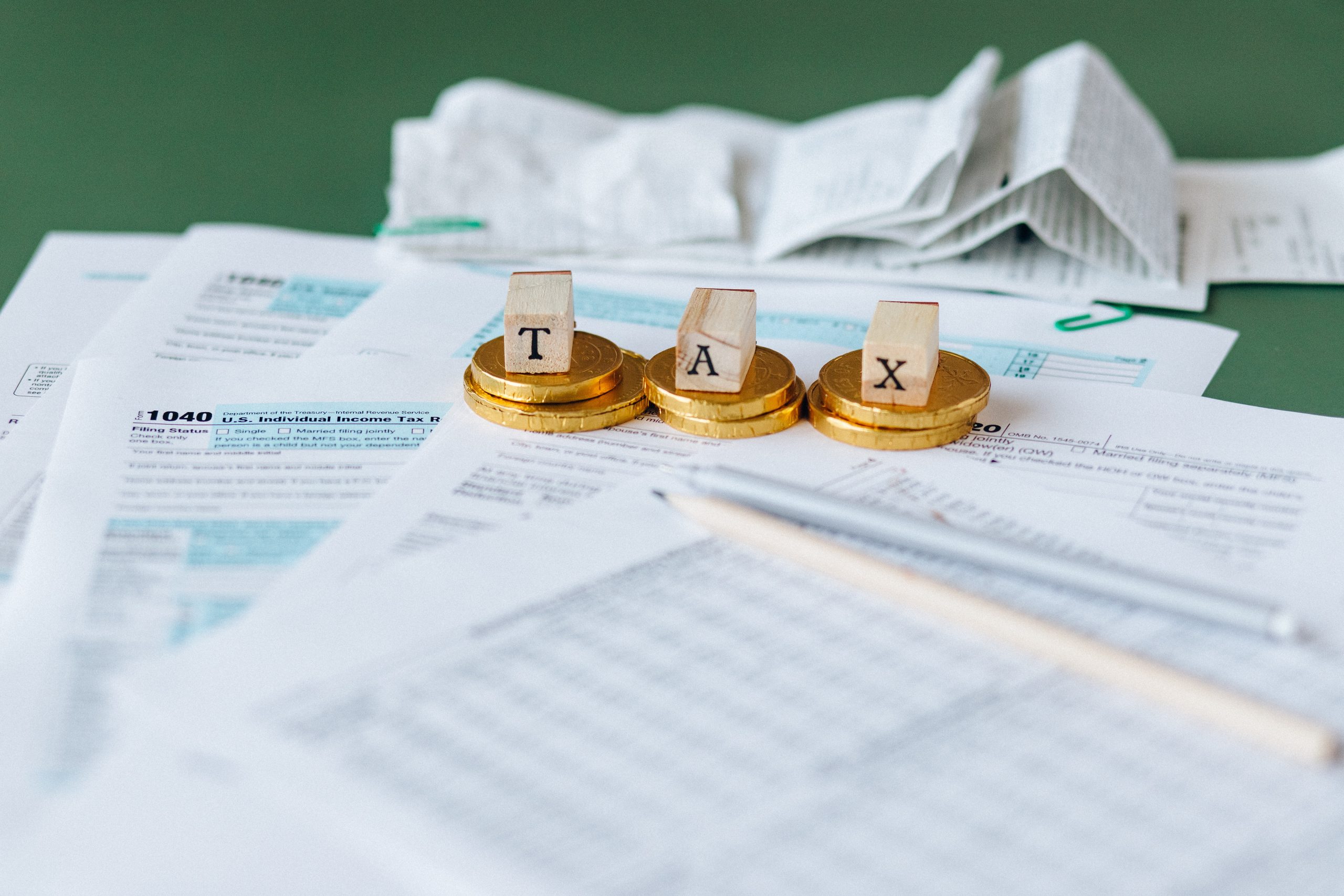
In Singapore, understanding the tax system is crucial for individuals and businesses alike. Personal income tax is an essential component of the tax structure in Singapore, and it’s important to be aware of the key aspects surrounding it. This article will guide you through the details of personal income tax in Singapore, providing insights into rates, taxable income, deductions, filing procedures, common mistakes, tax planning strategies, and more.
Overview of Singapore
Singapore, often regarded as a global financial hub, has a well-established taxation system that contributes to its economic stability. The country follows a progressive tax structure, where individuals are taxed based on their income levels. Singapore’s tax system is renowned for its simplicity, attractive tax rates, and various incentives aimed at encouraging business growth and foreign investment.
Understanding Taxation
Before delving into personal income tax specifics, it’s important to grasp the fundamentals of taxation in Singapore. The tax year in Singapore generally runs from 1st January to 31st December. Singapore adopts a territorial-based tax system, which means that taxes are levied on income derived from Singapore and on foreign-sourced income remitted to the country, subject to certain exceptions.
Personal Income Tax Rates
Singapore’s personal income tax rates are progressive, with higher incomes attracting higher tax rates. The tax rates for resident individuals range from 0% to a maximum of 22%, depending on the income bracket. However, it’s important to note that Singapore offers various tax reliefs, exemptions, and rebates, which can significantly reduce the overall tax burden for individuals.
Taxable Income
To determine the taxable income, certain types of income are considered while others are exempt. Taxable income includes employment income, trade income, rental income, and gains from investments. On the other hand, income such as capital gains from the sale of financial assets, foreign-sourced income received in Singapore, and certain foreign income are generally not taxable in Singapore.
Deductions and Reliefs
Singapore provides individuals with various deductions and reliefs to lower their tax liability. Deductions include expenses incurred for employment, rental, and trade or business-related purposes. Additionally, individuals can benefit from reliefs such as the Earned Income Relief, Parenthood Tax Rebate, and Course Fee Relief, among others. These reliefs are designed to ease the financial burden and incentivize certain behaviors.

Ready to navigate your personal income tax? Get expert guidance from AccruPlus today!
Tax Filing and Payment
Tax filing in Singapore is a straightforward process, primarily done online through the Inland Revenue Authority of Singapore (IRAS) portal. Resident individuals are required to file their tax returns by 15th April of the following year, while non-residents have until 15th April or 30th November, depending on their circumstances. Payment of taxes can be made via various methods, including online transfers and electronic payment modes.
Common Mistakes to Avoid
While filing taxes, individuals should be aware of common mistakes that could lead to penalties or unnecessary tax burdens. Some of these mistakes include inaccurate reporting of income, failure to include all taxable income sources, improper claiming of deductions or reliefs, and incorrect filing statuses. Being meticulous and seeking professional advice can help avoid such errors and ensure compliance with tax regulations.
Tax Planning Strategies
To optimize their tax positions, individuals can employ several tax planning strategies. These strategies involve making informed financial decisions to minimize taxes legally. Some effective tax planning strategies in Singapore include maximizing deductions and reliefs, utilizing tax-efficient investment vehicles, engaging in retirement planning through the Central Provident Fund (CPF), and leveraging the benefits of certain schemes and incentives offered by the government.
Taxation for Foreigners
Foreigners working or residing in Singapore are subject to specific tax regulations. Non-resident individuals are taxed only on income derived from Singapore, while resident foreigners are taxed on both Singapore-sourced and foreign-sourced income. Understanding the tax residency status, determining the applicability of double taxation agreements, and making use of available reliefs and exemptions are crucial for foreigners navigating the Singapore tax system.
Double Taxation Agreements
Singapore has an extensive network of double taxation agreements (DTAs) with numerous countries. These agreements aim to prevent the double taxation of income earned by residents of either country. DTAs provide relief by allowing individuals to claim tax credits or exemptions for taxes paid in the foreign country. Being aware of the DTAs and their provisions can help individuals optimize their tax positions and avoid unnecessary tax burdens.
Compliance and Penalties
Singapore emphasizes tax compliance, and individuals are expected to fulfill their tax obligations promptly. Failure to comply with tax regulations, such as late filing or non-payment of taxes, can result in penalties, fines, or legal consequences. It’s essential to stay updated on tax requirements, meet filing deadlines, maintain accurate records, and seek professional assistance when needed to ensure compliance and avoid penalties.
Recent Updates
Singapore’s tax landscape is dynamic, with periodic updates and changes to tax laws and regulations. Staying informed about recent updates is crucial for individuals to navigate the tax system effectively. It’s advisable to keep track of changes in tax rates, reliefs, deductions, and filing procedures, as well as any new initiatives or incentives introduced by the government.
Conclusion
Understanding personal income tax in Singapore is essential for individuals to fulfill their tax obligations and optimize their tax positions. Singapore’s tax system offers attractive rates, deductions, and reliefs, creating opportunities for individuals to reduce their tax burdens. By staying informed, engaging in tax planning, and seeking professional guidance when needed, individuals can ensure compliance, minimize tax liabilities, and make informed financial decisions.

Ready to navigate your personal income tax? Get expert guidance from AccruPlus today!

